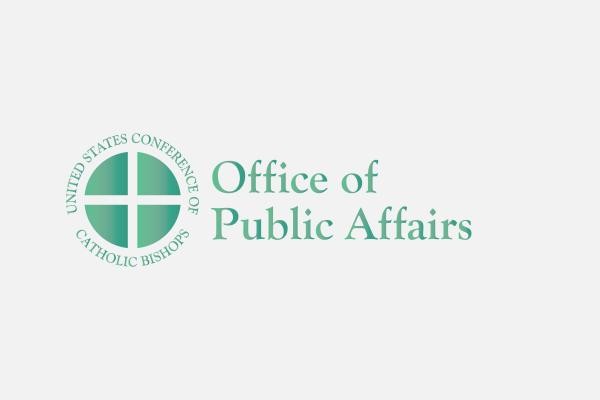Methodists and Catholics Hold Meeting, Discuss Materials
WASHINGTON (October 21, 1997) -- Preparation of materials for making 30 years of United Methodist-Roman Catholic Dialogue supportive of the faith and life of Methodist and Catholic communities was the main item on the agenda at the most recent meeting of the Dialogue.
WASHINGTON (October 21, 1997) -- Preparation of materials for making 30 years of United Methodist-Roman Catholic Dialogue supportive of the faith and life of Methodist and Catholic communities was the main item on the agenda at the most recent meeting of the Dialogue.
The fifth meeting of the present round of the United Methodist-Catholic dialogue met at St. Paul's College here, October 16-18, under the leadership of Bishop William Boyd Grove, United Methodist, and Catholic Bishop William S. Skylstad of Spokane. It featured an open forum for those in the community interested in the progress of United Methodist and Roman Catholic churches on the road to unity.
Three papers were given on koininia, or the Church as communion. Dr. Bruce Robbins, ecumenical officer of the United Methodist Church, discussed understanding of communion in Methodism, outlining the development of the connectional style of being Church characteristic of Methodism. He also related that understanding to communion as the churches have come to articulate it in World Council of Churches discussions.
The Catholic Church became a full member of the Faith and Order Commission of the World Council of Churches in 1968, and both the Catholic and Methodist churches have been fully involved in the vision of communion that has characterized international discussions.
Sister Mary Aquin O'Neill of Mt. St. Agnes Center for Women, Baltimore, presented biblical developments in the theology of the Church and the significance of the devotional life of the community as an instance of communion. Sister Ellen Joyce of the College of St. Elizabeth, Morristown, New Jersey, surveyed the developments in communion theology in the Catholic Church since Vatican II.
Much time was spent identifying themes to be discussed in the materials to be produced for local churches. These congregational materials will include resources for worship together, materials for conversation, and opportunities for common action in the community, all based on common ecumenical commitment and thirty years of pilgrimage toward full communion in faith, sacramental life and witness in the world.
The Dialogue, co-sponsored by the General Commission on Christian Unity of the United Methodist Church and the Bishops' Committee on Ecumenical and Interreligious Affairs of the National Conference of Catholic Bishops, planned for two or three more meetings during the next two years to finish this phase of its mandate.

